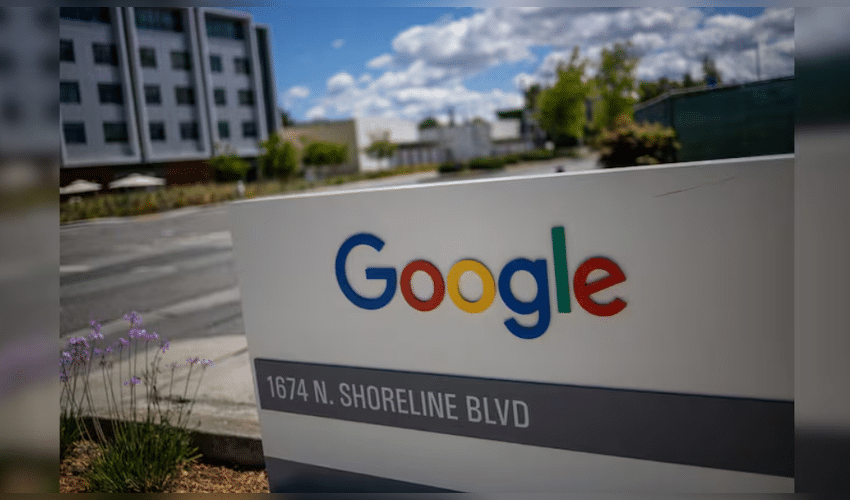Technology
Indian-origin US judge raises concerns about the future of search in the era of AI advancement.

Indian-origin US judge Amit Mehta, who is presiding over a major trial examining Google’s dominance in online search, has questioned the US Department of Justice (DOJ) about the potential for new search engines to emerge, particularly as artificial intelligence (AI) technology becomes more widespread. The trial centers on whether Google, owned by Alphabet, holds a monopoly over internet search and what actions might encourage greater competition. If the DOJ’s proposed measures are approved, they could help AI companies that are already challenging Google’s dominance as the primary tool for finding information online.
During closing arguments in Washington on Friday, Judge Mehta asked DOJ attorney David Dahlquist whether AI should be considered simply another way to access search results or regarded as a competing technology on its own. He also questioned whether anyone would be motivated to develop a new general search engine given the current landscape.
Dahlquist responded that search will continue to exist and explained that the DOJ’s proposed remedies are aimed at preventing Google from blocking AI-based competitors. He noted that OpenAI, the developer of ChatGPT, is still several years away from being able to manage 80% of user queries independently using its own search technology.
In response to concerns about competition, Google’s lawyer John Schmidtlein acknowledged that generative AI is transforming search, but emphasized that Google has taken steps to address competition worries. For example, Google no longer holds exclusive agreements with wireless carriers and smartphone manufacturers like Samsung, allowing these companies to pre-install rival search engines and AI apps on new devices.
However, the DOJ and a coalition of states are pushing for more significant actions. They want Google to sell its Chrome browser, share its search data, and stop paying billions of dollars to Apple and others to remain the default search engine on new devices. Dahlquist explained these proposals are intended to open the market for online search engines and advertising, arguing that Google’s current practices have “fundamentally broken” competition in these areas.
Google counters that the DOJ’s demands are too extreme and exceed legal authority, claiming the measures would unfairly force Google to share its technology with competitors. The trial, which began in April, is expected to conclude with a decision from Judge Mehta by August. If ordered to sell Chrome, Nick Turley, OpenAI’s head of product for ChatGPT, expressed interest in purchasing it and said access to Google’s search data would help improve the accuracy and relevance of AI-generated responses.



